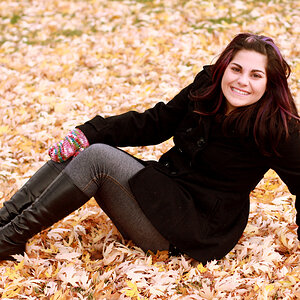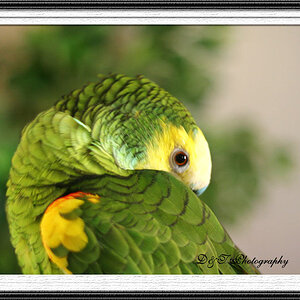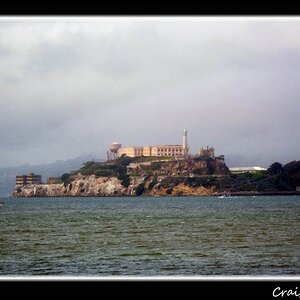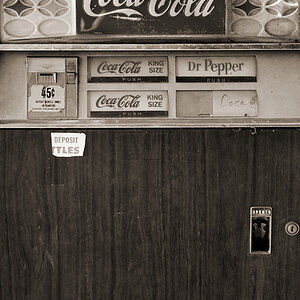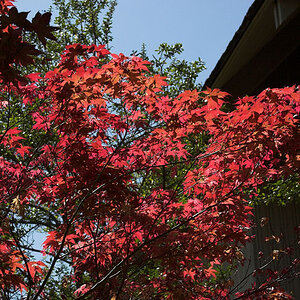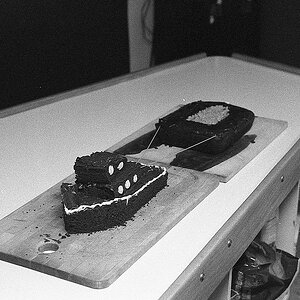hamlet
No longer a newbie, moving up!
- Joined
- Sep 12, 2013
- Messages
- 2,894
- Reaction score
- 435
- Location
- Belgium
- Can others edit my Photos
- Photos OK to edit
I'm wondering why we use round lenses to record an image onto a rectangular surface? I mean isn't that just a huge waste of resources and needless weight added onto the lens? Why not have rectangular lenses? What do you think about this?


![[No title]](/data/xfmg/thumbnail/30/30986-0fbf9af8f70b46ce37aeb237ba68b573.jpg?1619734551)


